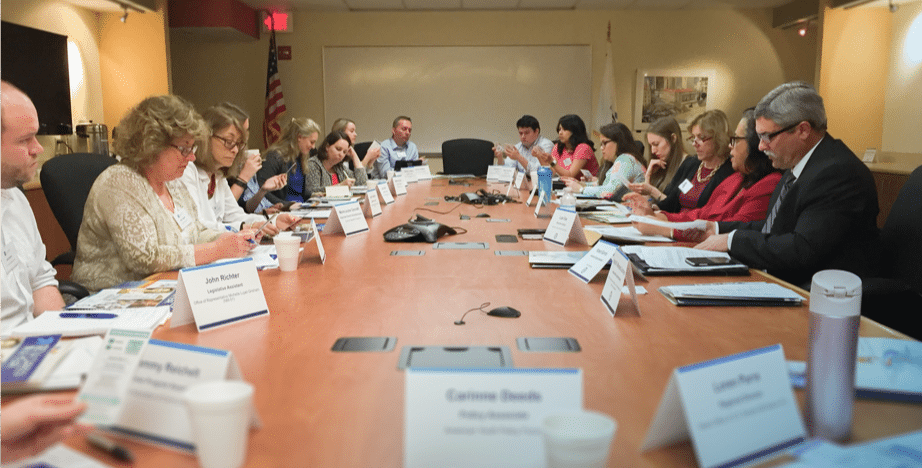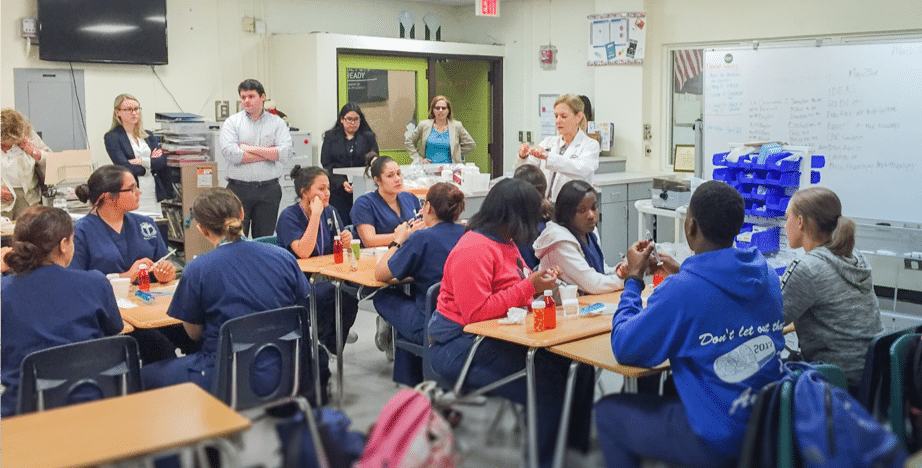Overview
America’s high school graduation and postsecondary enrollment rates have reached record highs in recent years, but a staggering portion of students who enroll in some form of college leave before attaining a credential. Research continues to indicate the labor market value of multiple types of postsecondary and technical credentials other than the traditional four-year degree, but completion rates at non-four year institutions are even lower than completion rates at four-year institutions. Over a third of America’s college students attend community colleges, but nearly half of those do not attain a credential within eight years, leaving them no better off in the labor market than those with only a high school diploma. Failure to support students to completion or credential attainment disproportionately affects first-generation students, students from low-income families, and students of color, fueling concerns of an attainment gap. Despite these challenges, examples exist from across the country of innovative and effective ways to support students from K-12 through postsecondary credential attainment.
Additional Resources:
Article: New Hampshire Community Colleges Balancing Access, Affordability
New York Times: How to Improve Graduation Rates at Community Colleges
William T. Grant Foundation: The New Forgotten Half and Research Directions to Support Them
The New Forgotten Half: Those Who Pursue College But Never Earn a Degree,
A Forum Hosted by the American Youth Policy Forum



